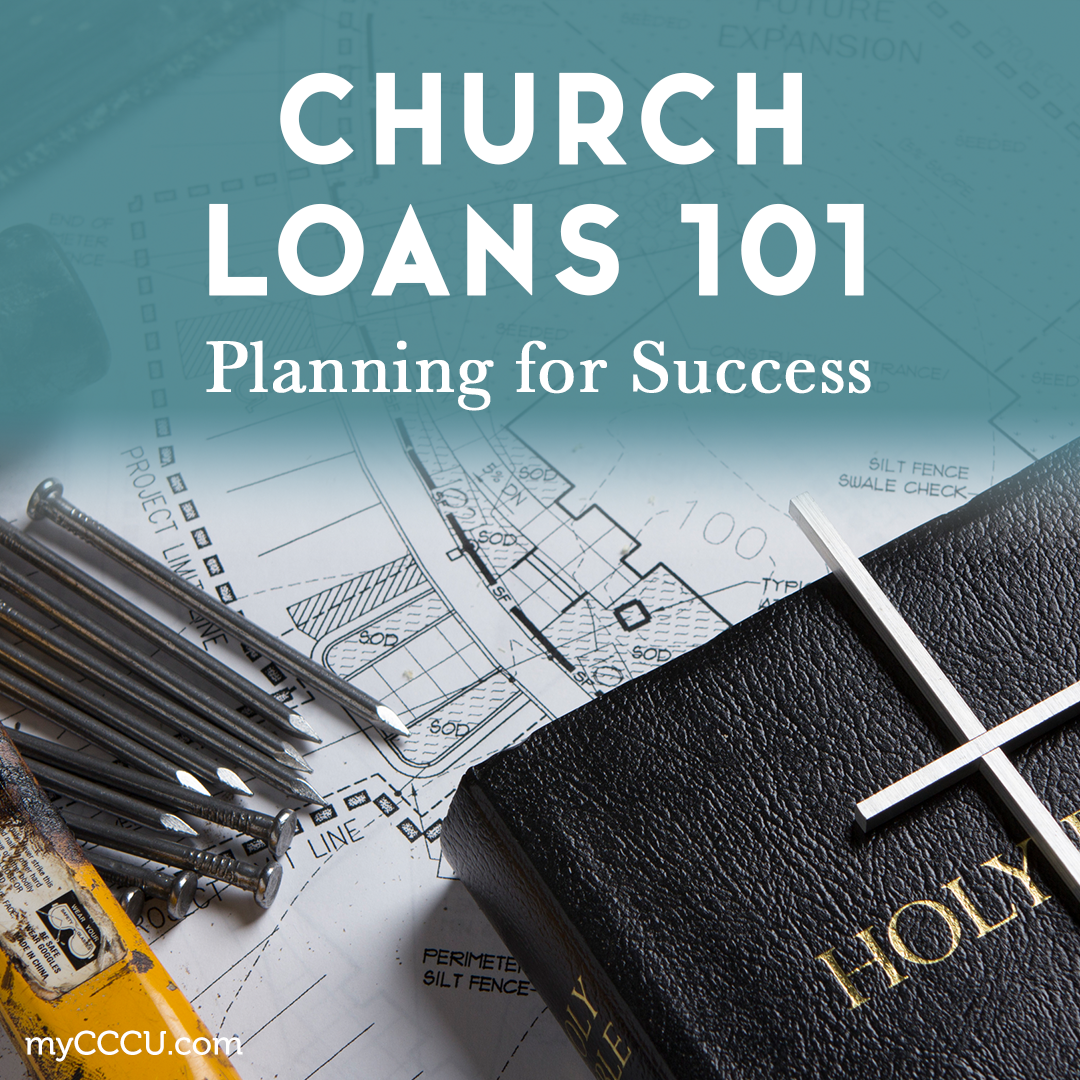
You can help make the loan process go as smoothly as possible by learning about the documents and steps involved, and about some problems that may pop up along the way. Let’s get your ministry set up for success!
What happens after we send in our financial documents?
Once you send in your ministry’s financial documents, the lender’s staff will work on pre-qualifying your loan. After you’re prequalified, you’ll need to complete an application package.
Besides the lender’s application forms, you may be asked for some other documents. These may include:
- Documents to help clear up any questions that came up during prequalification
- Entity documents (which may include documents establishing your ministry)
- Bank statements
- Purchase or project documentation
Once the application is complete, the lender will create an underwriting package for your ministry. That is, they’ll put together the documents that show your ministry’s financial health. Then, the lender’s credit department will examine the package and may have more questions for you.
Why do lenders need these documents?
Lenders need to see many different documents in order to get an accurate picture of your ministry’s finances. This will help the lender work with you to find the best solution for your unique situation. The lending process will take time, so it’s important to do everything you can to help it go smoothly. Making sure you have your church’s financial documents in order will be a big help. You can learn more about this process here.
How do loans close?
Once your ministry’s loan is approved, the lender prepares a Letter of Commitment. That letter will have the rates, terms, and conditions that are needed to close the loan. If your ministry accepts the terms and conditions, you’ll need to sign the Letter of Commitment and send it back along with a small commitment fee. Then, your lender’s processors will make sure that conditions have been cleared and will fund the loan.
What if we don’t want to buy an existing building?
Every church is different, and so is every real estate market. Often, buying an existing building is easier and cheaper than building a new one. But some ministries can’t find a property suitable for their needs in their area. For ministries with the time and extra resources to do so, we offer construction loans as well.
However, financing new building projects also comes with its own set of risks. You can learn more about those risks here.
What are some problems that can happen during the loan process?
When buying a building, a ministry may run into use restrictions. For example, there may be deed restrictions about things like:
- fencing height,
- landscaping,
- adding on to the existing building
Thinking about your loan from the lender’s point of view can help you anticipate any problems and work to make sure there aren’t any restrictions on the building you want to buy.
Want to know more? Contact the Ministry Development Group at 909.495.8346.



